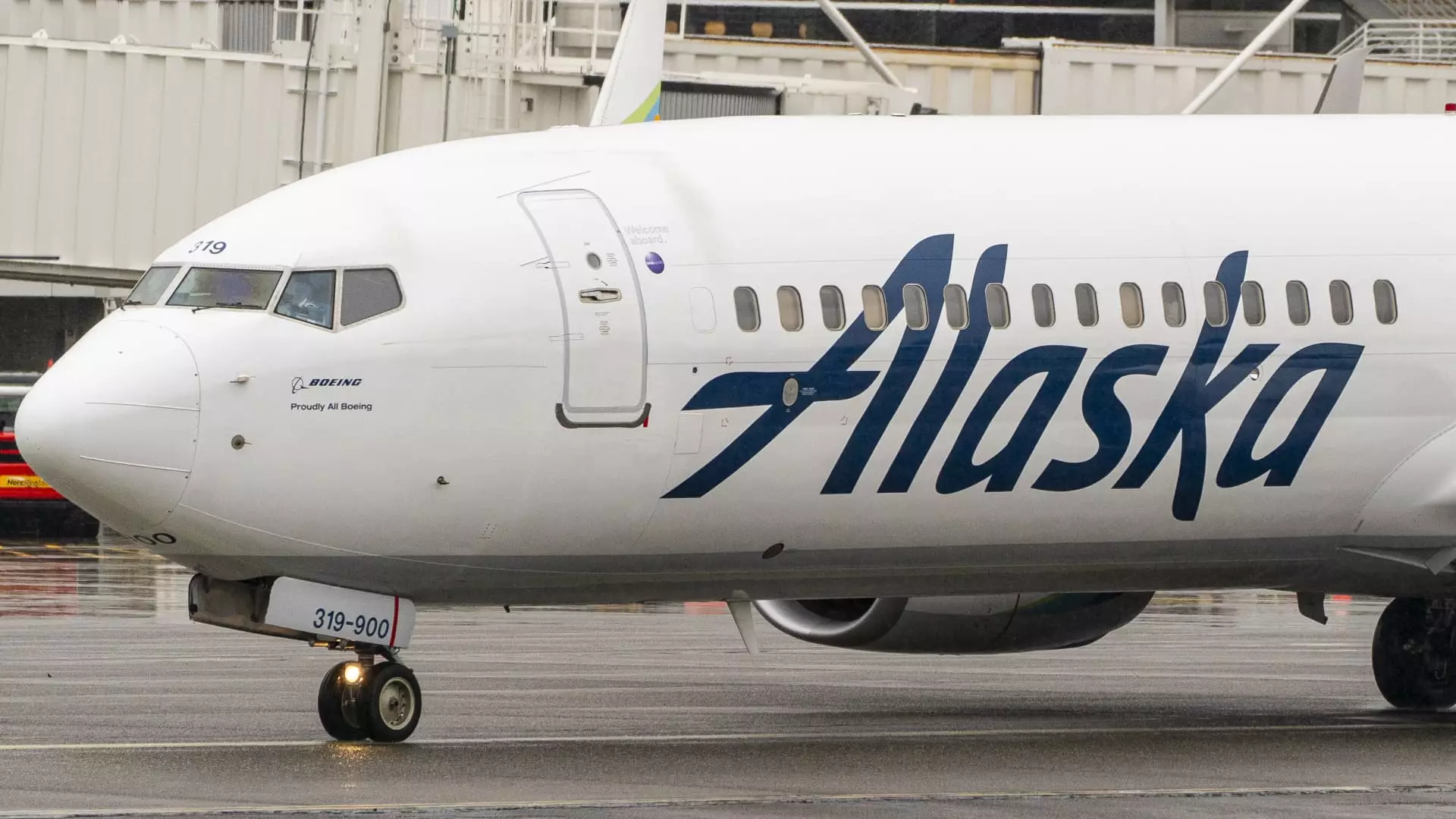Alaska Airlines flight attendants made a bold move by rejecting a new labor deal that would have offered immediate raises averaging more than 24%. This decision, announced by their union, signals a potential rift between the airline and its employees. The tentative agreement reached in June included significant pay increases over a three-year period, as well as additional benefits such as boarding pay and back pay. However, the rejection of the deal indicates that there are unresolved issues that need to be addressed.
The rejection of the labor deal by Alaska Airlines flight attendants opens up the possibility of more negotiations between the union and the company. With a merger with Hawaiian Airlines on the horizon, reaching a new agreement becomes even more crucial. The union stated that they will be surveying their members to identify key issues that need to be addressed before returning to the negotiation table. This development highlights the complexity of labor relations in the aviation industry, especially in the aftermath of the Covid-19 pandemic.
The rejection of the labor deal by Alaska Airlines flight attendants is not an isolated incident in the airline industry. Across the board, airline workers have been advocating for better pay and working conditions, particularly in the wake of the pandemic. Salaries and fuel costs are major expenses for airlines, making labor negotiations a critical aspect of their operations. With pilots at major carriers having already secured new contracts, flight attendants and other airline workers continue to push for improved compensation packages.
American Airlines recently reached a deal with its flight attendants union, showcasing a successful negotiation process that both parties found agreeable. Meanwhile, United Airlines is still in the process of negotiating a new contract with its flight attendants’ union. These ongoing developments underscore the dynamic nature of labor relations in the airline industry and the importance of finding mutually beneficial agreements that support long-term success for both airlines and their employees.
The rejection of the labor deal by Alaska Airlines flight attendants sheds light on the challenges facing the industry as it navigates through a period of uncertainty and change. With continued negotiations and a focus on addressing key issues, there is potential for a new agreement that reflects the evolving needs of flight attendants and contributes to the overall success of the airline.


Leave a Reply